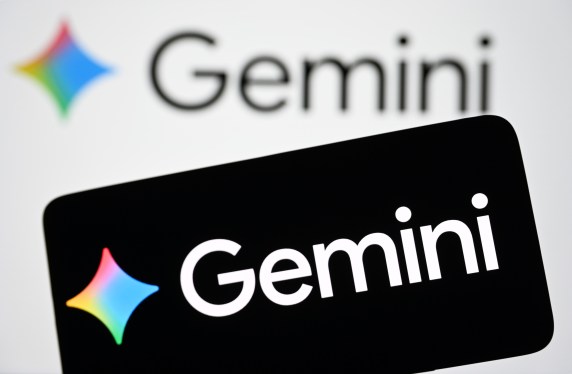General Motors will add a conversational AI assistant powered by Google Gemini to its cars, trucks, and SUVs starting next year. The announcement was made during an event in New York City.
The Google Gemini rollout is one of several technology-focused announcements from the automaker’s GM Forward event. It will be one of the first new features to reach consumers. Other announcements, including an overhaul of its electrical architecture and computing platform and an automated driving feature that allows drivers to keep their hands off the wheel and eyes off the road, are not coming to GM brands until 2028.
General Motors is the latest automaker to adopt generative AI-based assistants. These systems promise to respond to driver requests in a more natural-sounding way. Stellantis is collaborating with French AI firm Mistral, Mercedes is integrating ChatGPT, and Tesla has brought xAI’s Grok to its vehicles. GM’s integration with Gemini is the next logical step for the automaker.
Vehicles produced by GM brands Buick, Chevrolet, Cadillac, and GMC already feature “Google built-in.” This operating system gives drivers access to Google Assistant, Google Maps, and other apps directly from the car’s infotainment screen. In 2023, Google began using its cloud-based Dialogflow chatbot to handle non-emergency OnStar features, including common driver queries like routing and navigation assistance.
It is not entirely clear how much more capable the new Gemini-powered AI assistant will be. GM provided few details, only stating that it will enable more natural conversations and allow drivers to draft and send messages, plan routes with additional stops such as a charging station or a coffee shop, or even prepare for a meeting while on the go.
GM’s new voice assistant is a step towards the automaker’s goal of developing its own custom-built AI that connects to vehicle systems through OnStar, its in-car concierge service. The way GM executives described the technology, it seems like a mix of a health wearable and an AI pendant, but for your car.
The assistant promises to access vehicle data to provide maintenance alerts and route suggestions. It will also explain car features like one-pedal driving and can turn your heat or air conditioning on before you enter the vehicle. GM says you will control what information it can access and use, and it can learn from your habits to offer personalized recommendations.
GM’s emphasis on user controls is notable given the company’s recent controversy over selling customer driving and geolocation data to insurance brokers.

